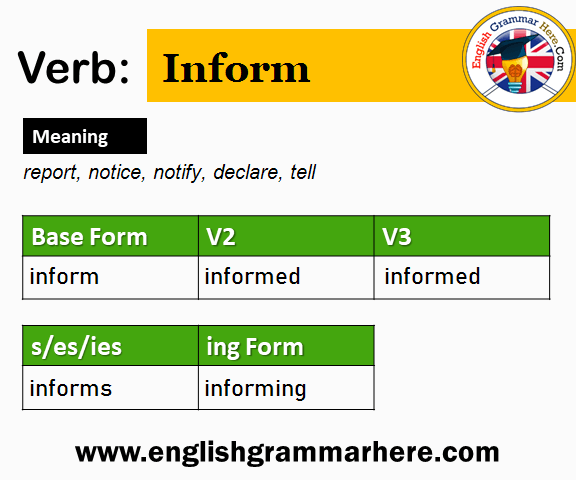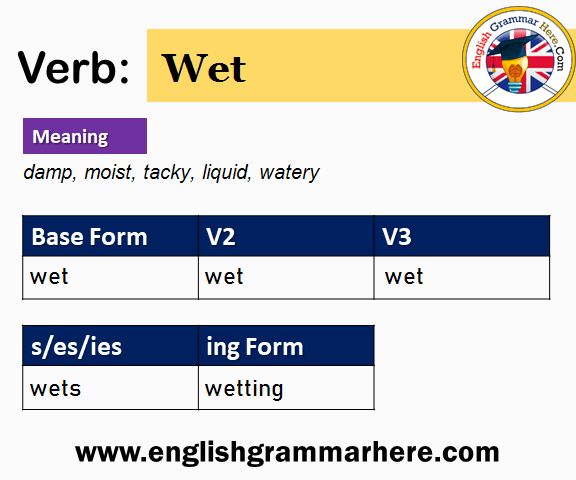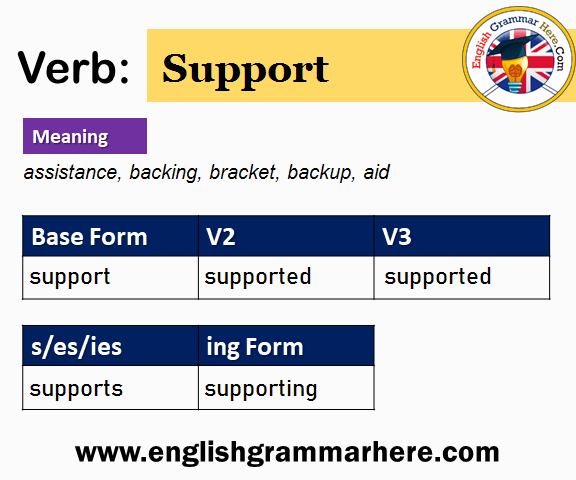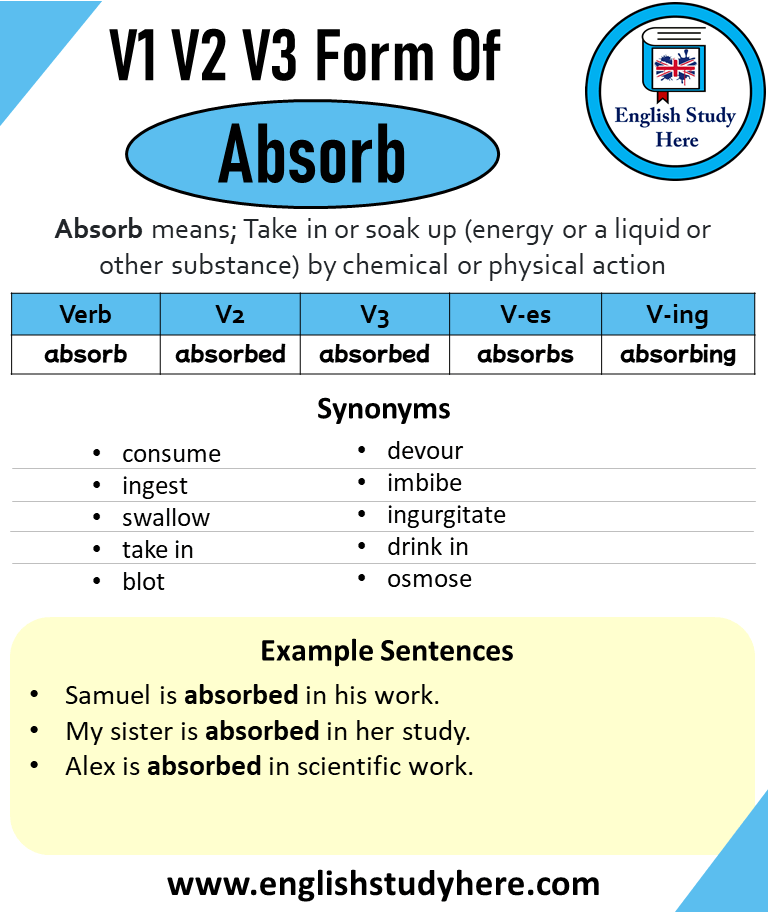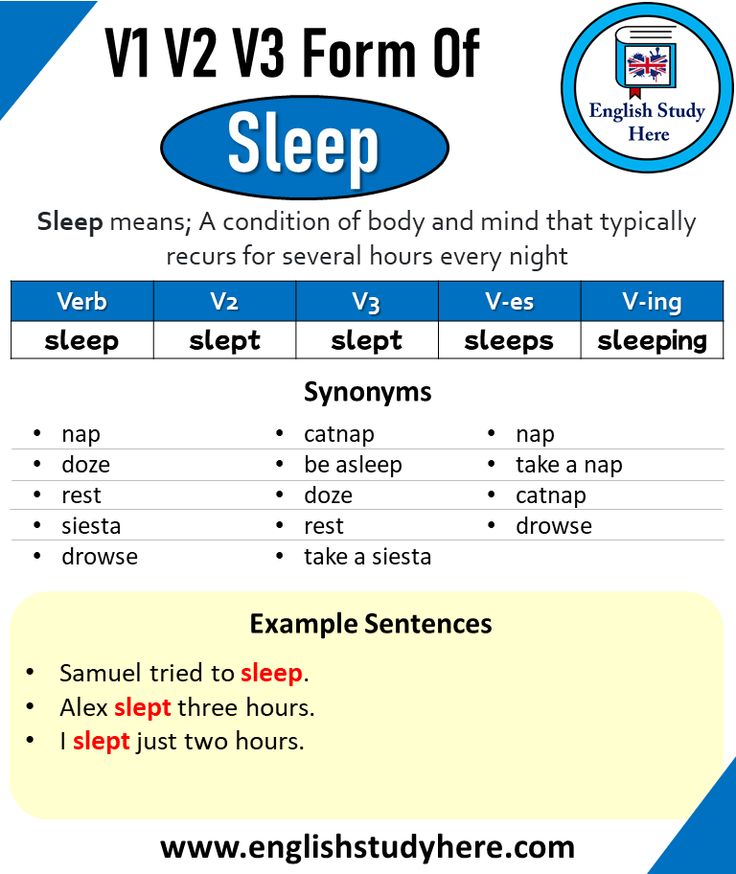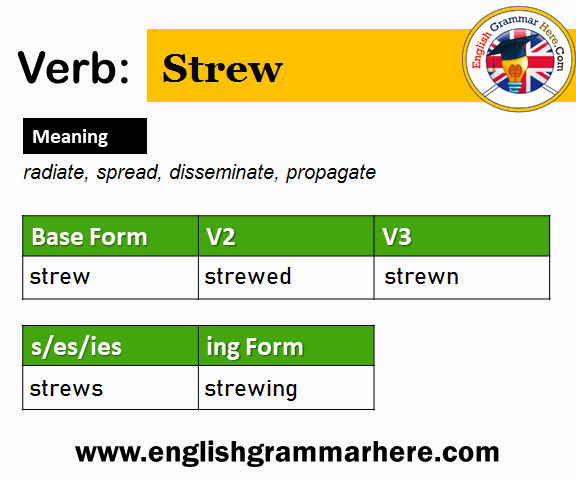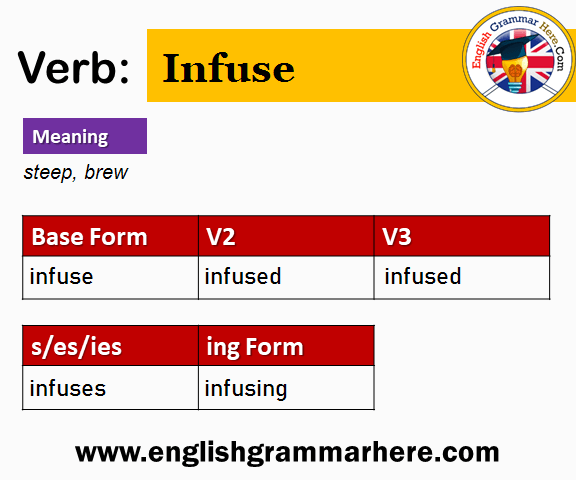Inform Past And Past Participle Form V1 V2 V3 V4 V5 Form of Inform
Ever stumbled upon a list of verbs and wondered what all those forms mean? Let’s dive into the fascinating world of verb forms, focusing on the word “inform.”
Whether you’re a student polishing your grammar, a writer enhancing your craft, or someone curious about language, understanding verb forms can significantly improve your communication skills. Imagine confidently choosing the right verb form in your writing and speaking, making your messages clear and precise.
We’ll unravel the mystery of the past and past participle forms of “inform” and explore its V1, V2, V3, V4, and V5 forms. By the end, you’ll have a clear grasp of how to use “inform” in any tense, ensuring your language is always on point. Ready to enhance your verb knowledge and boost your linguistic confidence? Let’s get started!

Credit: englishstudyhere.com
Base Form Of Inform
The word “inform” is used to give information. It is the base formof the verb. This form is known as V1. We use it in present tense.
For example, “I inform my friend about the plan.” Here, “inform” tells us the action happening now.
In English, verbs have different forms. These forms help us know when the action happens. The base form is the simplest form. It is the starting point for other verb forms.
Past Tense Of Inform
The word “inform”changes form in different tenses. In the past tense, it becomes “informed”. This form is used when something was told earlier. For example, “He informed his friend about the game.” The past participle is also “informed”. It is used with helping verbs like “has” or “have”. “She has informed her teacher about the homework.” This helps show an action is completed.
| Base Form (V1) | Past Simple (V2) | Past Participle (V3) | Present Participle (V4) | Third Person Singular (V5) |
|---|---|---|---|---|
| Inform | Informed | Informed | Informing | Informs |
Past Participle Of Inform
The verb “inform” is used in many ways. It changes form based on time. The past participleform of “inform” is informed. This form is used for actions completed in the past. For example, “She has informed him about the news.” Here, “informed” shows that the action is complete.
In grammar, verbs like “inform” have different forms. These forms are called verb conjugations. They help us understand when an action happens. Learning these forms can make your English better.
Always remember the past participle of “inform” is “informed”. Knowing this helps in writing and speaking. Practice using it in sentences. This will help you remember it well.

Credit: englishgrammarhere.com

Credit: fr.pinterest.com
Conclusion
Mastering verb forms helps in clear communication. “Inform” changes to “informed” for past actions. Use “informed” in perfect tenses. Knowing these forms aids in writing and speaking. Practice with examples to improve. Grammar becomes easier with regular use. This knowledge supports effective English learning.
Simple steps lead to better language skills. Keep exploring and using these verb forms daily. Your English will improve with time and effort. Enjoy the journey of learning and speaking English more fluently.
